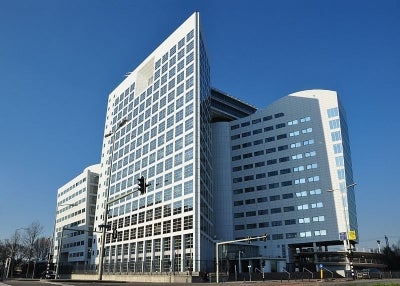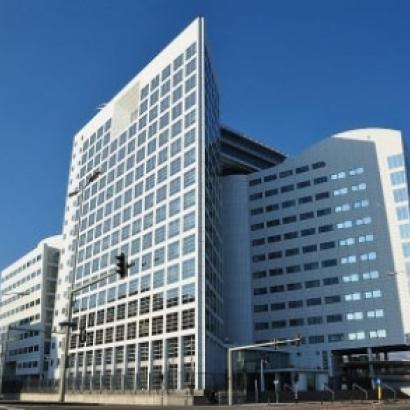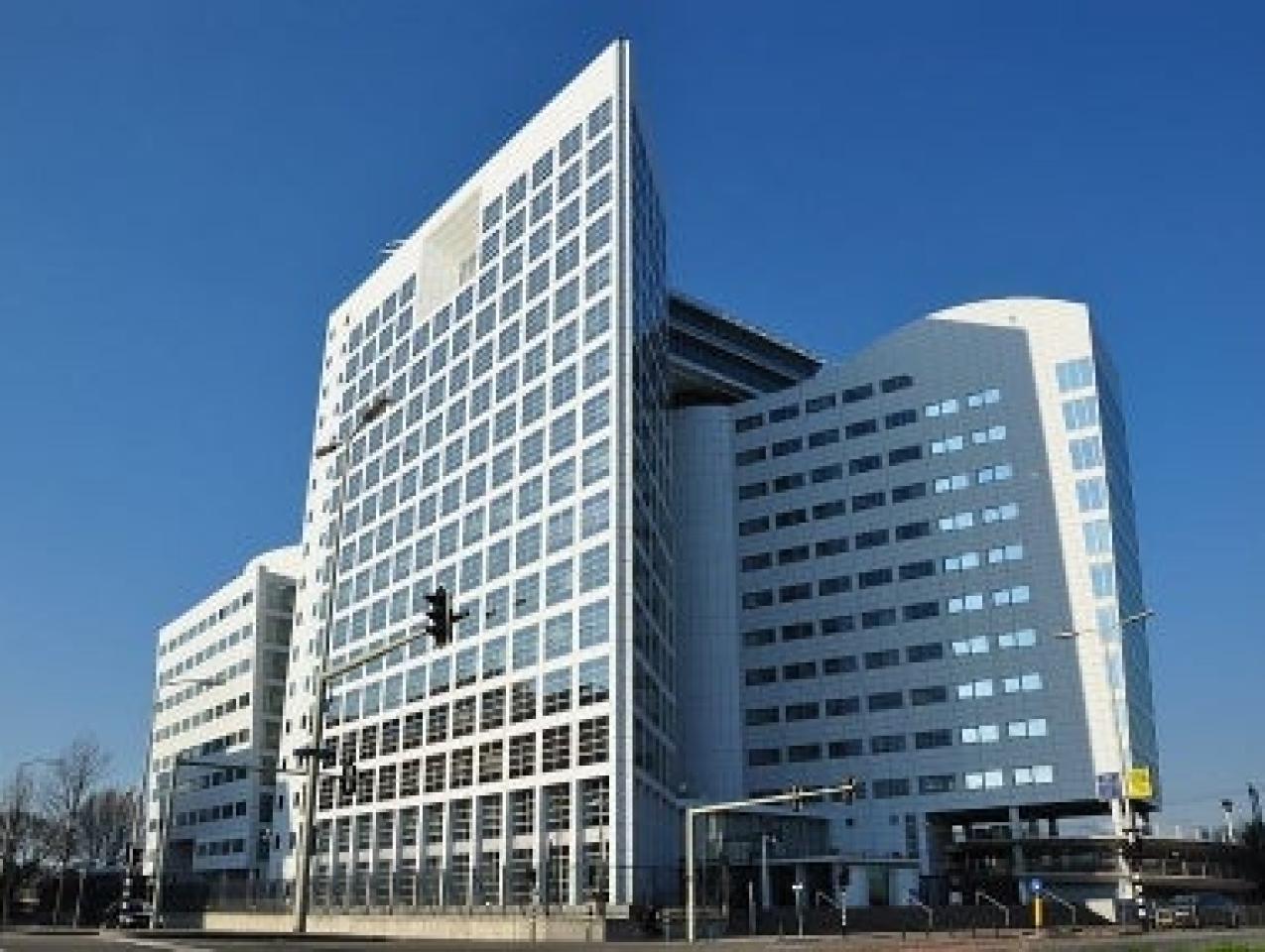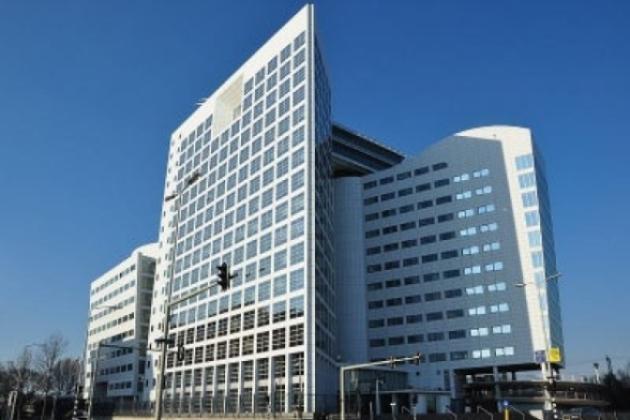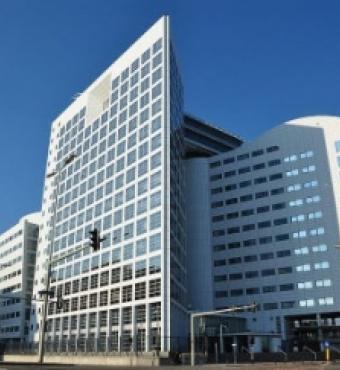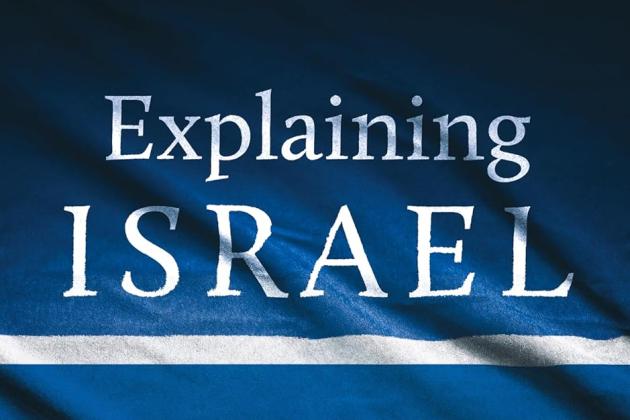It aims to provide military lawyers and military professionals around the world with a more comprehensive statement of these reasons. The needs of institutional military training mechanisms are also relevant. To these ends, the papers presented at the seminar will be published in an anthology to be publish by the Torkel Opsahl Academic Epublisher by 1 July 2013. Additionally, a concise policy brief summarizing the outcome of the seminar will be published online and in print in English, French, Spanish and Portuguese shortly after the seminar. It will list and describe each self-interest of armed forces in ensuring accountability, as identified during the seminar. The programme of the seminar seeks to establish common ground between accountability traditions.
For more information, click here.
| Session 1 Chaired by Richard Sousa |
|
| 9:00 |
Richard Saller: Remarks on the Importance of the Seminar Topic
Morten Bergsmo: The Concept, Programme and Purpose of the Seminar
|
| 9:30 |
Richard J. Goldstone: The International Criminal Law Context of Accountability for Members of Armed Forces for Core International Crimes and its Limitations
|
| 10:10 |
William K. Lietzau: A U.S. Military Lawyer’s Reflections on the Self-Interest of Armed Forces in Accountability for their Members for Core International Crimes
|
| 10:50 |
Ruth Wedgwood: Self-Interest in Accountability as Prevention: Taking Factors Such as Righteousness and Motivation in Armed Forces into Account
|
| 11:20 | Tea |
|
Session 2
Chaired by Richard Sousa Historical and Professional Perspectives on the Seminar Topic
|
|
| 11:35 |
Bruce Houlder: A Perspective from the UK Service Prosecution Authority
Agus Widjojo: A Perspective from the Indonesian Armed Forces
Michael Gibson: A Perspective from the Canadian Forces
|
| 1:15 | Lunch |
|
Session 3:
Chaired by Arne Willy Dahl Thematic Perspectives on the Seminar Topic
|
|
| 2:00 |
René Provost: Jungle Justice or Monkey Courts? Accountability for International Crimes Within Insurgent Groups
Catherine P. MacKenzie: The Role of Moral and Political Authority in Military Accountability Mechanisms: the Nature of Military Accountability in the Context of Environmental Offences
Christopher Mahony: Disparate Incentives in Disparate Circumstances: Examining Domestic Prosecution and the ICC in Kenya, Uganda, and Colombia
Kiki Anastasia Japutra: The Reasons Behind the Reluctance of States to Prosecute the Japanese ‘Comfort Women’ Cases of World War II and Why Accountability for Serious Crimes is Important
|
|
Procedural and Jurisdictional Perspectives on the Seminar Topic
|
|
| 3:30 |
Melvin Christopher Jenks: Self-Interest or Self-Inflicted: Why the United States should Report the Disposition of its Service Members’ Violations of the Laws of War
Franklin D. Rosenblatt: Non-Deployable: The Court-Martial System in Combat from 2001 to 2009
Roberta Arnold: The Prosecution of Members of the Armed Forces for Core International Crimes – a Judicial Act in the Self-Interest of the Armed Forces?
|
| 4:30 | Tea |
|
Session 4:
Chaired by Morten Bergsmo From the History of Military Professionalization to a ‘Stanford List of Military Self-Interests in Accountability’
|
|
| 4:45 |
Elizabeth L. Hillman: The Importance of Accountability in the U.S. Military’s History of Professionalization
Arne Willy Dahl: Towards a ‘Stanford List of Self-Interests in Accountability for Members of Armed Forces for Core International Crimes’
Discussion
|
| 5:45 | Conclusion |






